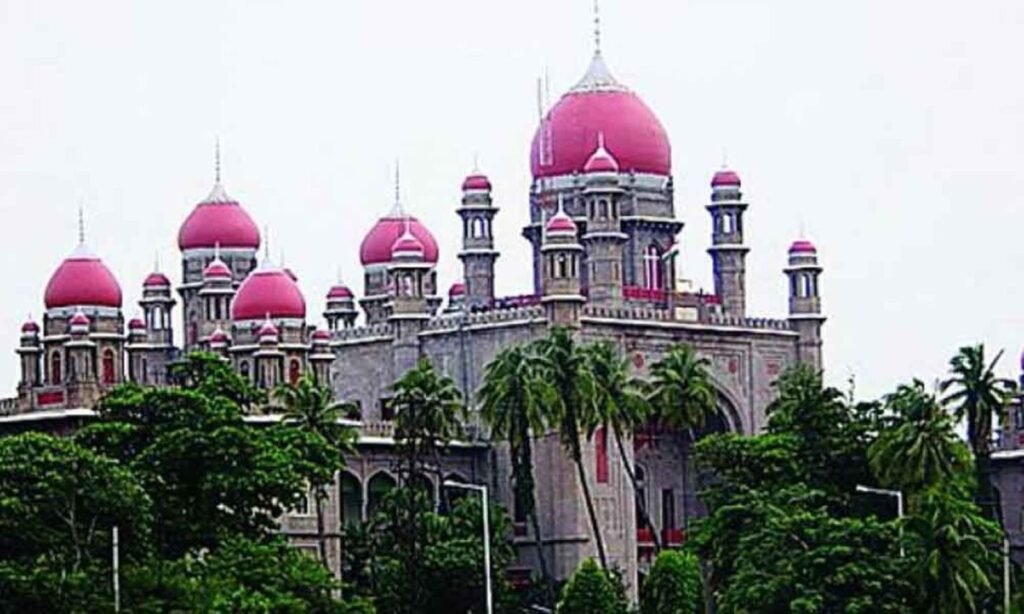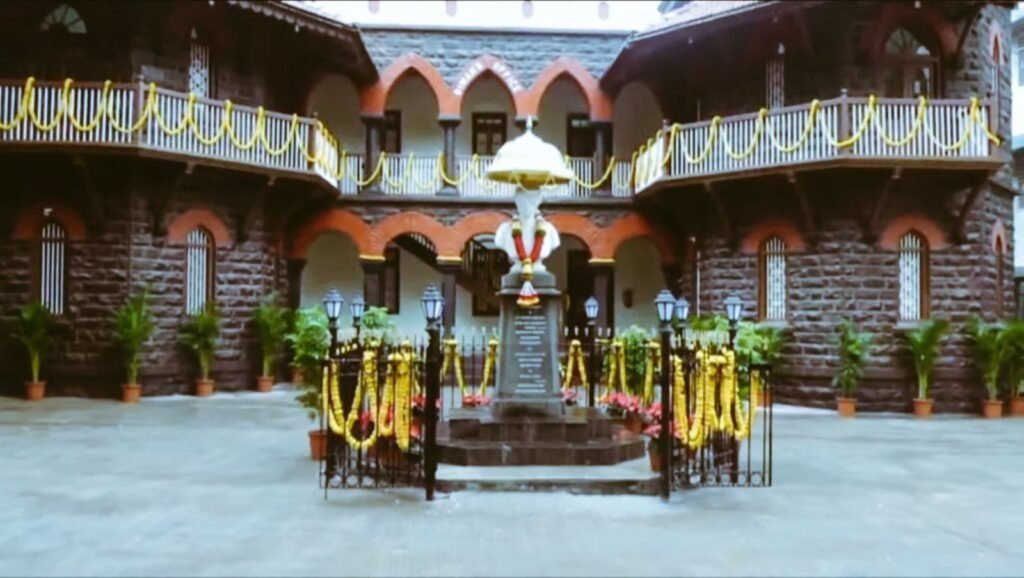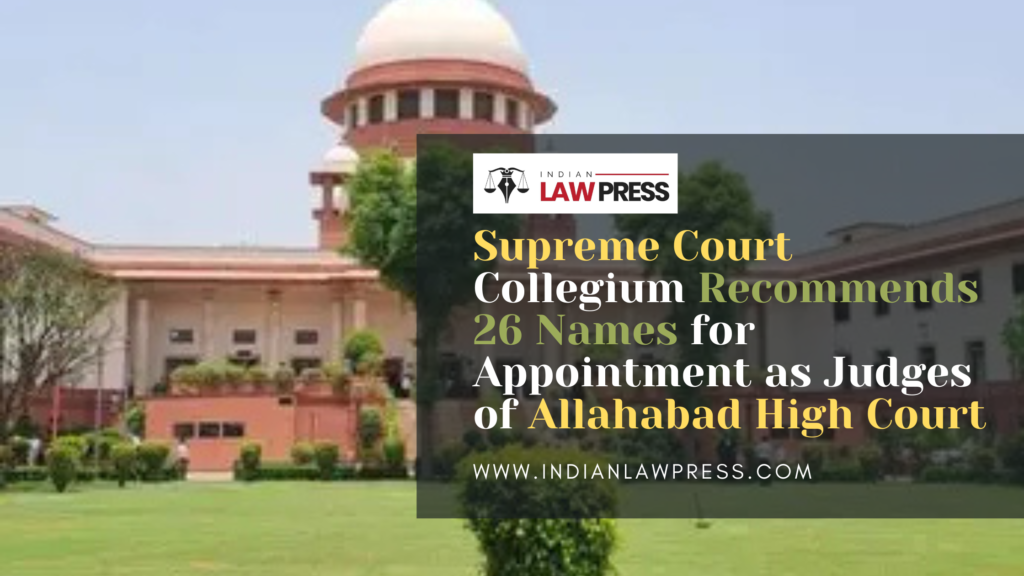Delhi High Court directs Centre to appoint a woman candidate as Air Force Pilot, emphasizing gender equality in Armed Forces recruitment. Read about the landmark judgment and its impact.
Introduction
In a landmark decision reinforcing gender equality in the Armed Forces, the Delhi High Court directed the Central Government to appoint a woman candidate as an Air Force Pilot. The Court strongly observed that discrimination based on gender in matters of recruitment to the Armed Forces is outdated and unacceptable in the modern era.
Background of the Case
On May 17, 2023, the Union Public Service Commission (UPSC) issued a notification for recruitment to various posts in the Armed Forces, including Air Force (Flying Branch). Out of 92 vacancies, only 2 were earmarked for female candidates, while the remaining 90 were open to all candidates.
- The two female-specific vacancies were filled.
- Out of the 90 general vacancies, only 70 were filled by male candidates, leaving 20 vacancies unfilled.
- The petitioner, Ms. Archana, was 7th on the merit list of female candidates but was denied appointment despite being fully qualified.
Aggrieved by this, she approached the Delhi High Court.
Court’s Observations
The Division Bench of Justice C Hari Shankar and Justice Om Prakash Shukla made several important observations:
- Equality in Recruitment: Once qualifications and conditions are prescribed, candidates fulfilling them must be treated equally, irrespective of gender.
- No Gender-Based Reservation of General Vacancies: Apart from the 2 earmarked female posts, the other 90 vacancies were open to both men and women, and could not be treated as “male-only.”
- Fit to Fly Certification: Since the petitioner held a valid “Fit to Fly” certificate and had cleared all examinations, there was no justification in keeping the 20 vacancies unfilled.
- Supreme Court Precedent: The Court relied on the judgment in Arshnoor Kaur v. Union of India (JAG Posts Case), which prohibits gender-skewed interpretation of recruitment rules.
- Progressive Outlook: The Court remarked that gender distinctions today are nothing more than “a chance chromosomal circumstance,” emphasizing the need to break traditional barriers.
The Verdict
The Court directed the authorities to:
- Appoint the petitioner immediately against one of the unfilled 20 vacancies.
- Grant her equal treatment in service benefits, including seniority and other entitlements, at par with already appointed candidates.
- Fill any remaining vacancies, after accommodating eligible women, through other recruitment methods if necessary.
This ruling ensures that merit and qualification, not gender, decide opportunities in the Armed Forces.
Significance of the Judgment
- Promotes Gender Equality: Reinforces women’s right to equal opportunities in defense services.
- Prevents Vacancy Wastage: Ensures that deserving candidates are not denied positions when vacancies exist.
- Sets Legal Precedent: Strengthens judicial commitment to breaking gender bias in military recruitment.
Key Takeaways for Law Students
- Case Name: Ms. Archana v. Union of India & Ors.
- Court: Delhi High Court (Division Bench of Justice C Hari Shankar and Justice Om Prakash Shukla)
- Issue: Whether unfilled vacancies not earmarked for women can be denied to qualified female candidates.
- Legal Principle: Gender-neutral interpretation of recruitment notifications; vacancies open to all must be filled based on merit, not gender.
- Precedent Relied On: Arshnoor Kaur v. Union of India (Supreme Court – JAG posts case).
- Ratio Decidendi: Once qualifications are prescribed, all candidates meeting them must be treated equally; gender cannot be a basis for exclusion.
- Judicial Remark: “Gender distinctions today are nothing more than a chance chromosomal circumstance.”
- Outcome: Petitioner directed to be appointed as Air Force Pilot with equal service benefits.
Conclusion
The Delhi High Court’s ruling in Ms. Archana v. Union of India & Ors. is a milestone in the fight for equal representation of women in the Armed Forces. It sends a strong message that talent and merit must always outweigh gender biases, paving the way for a more inclusive and progressive defense force in India.
Also Read: Kolhapur Gets Its Own Bombay High Court Bench After Two Decades of Demand





